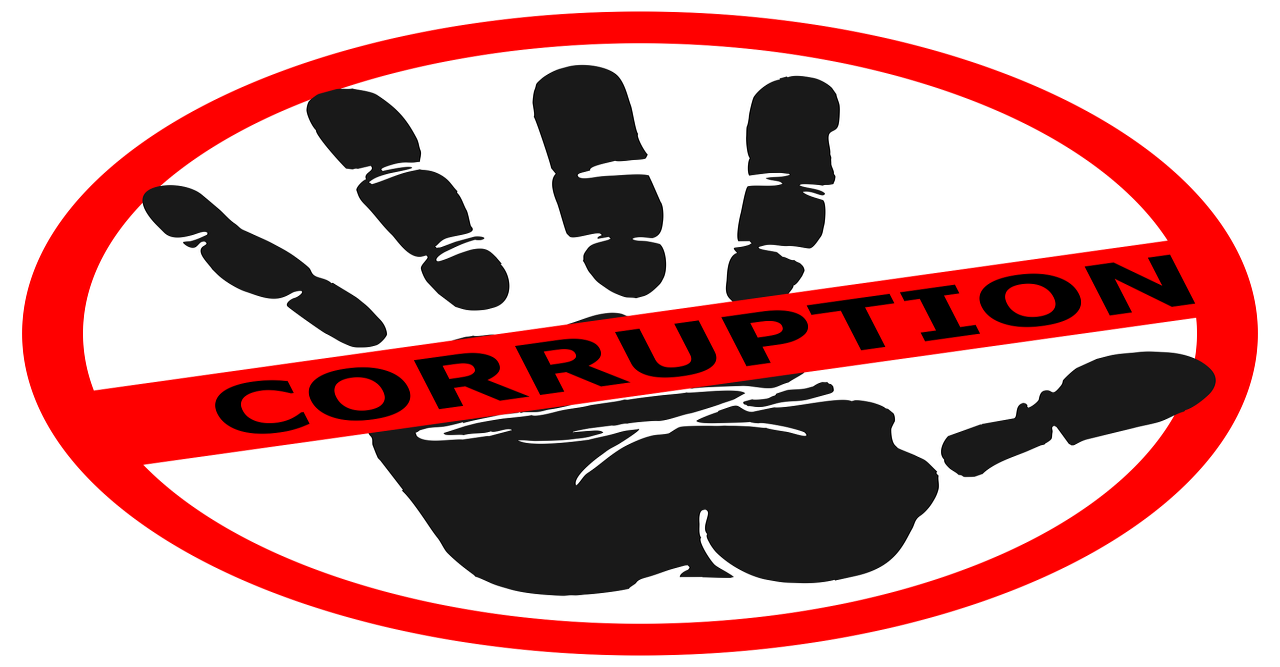
Combating Corruption in Bangladesh
খবর প্রকাশিত: ১৪ জুন, ২০২৫, ০২:৩১ পিএম

Dr. Syeda Afroza Zerin Associate Professor, Department of Law, American International University-Bangladesh.
Shaila Ahmed Senior Assistant Professor, Department of English, American International University-Bangladesh
One of Bangladesh's biggest problems is corruption, which threatens public trust, economic progress, and governance. Corruption is still pervasive and has an impact on both institutions and the daily lives of regular people, even after decades of reforms and pledges. Bangladesh needs to put in place strong, long-term plans that deal with the underlying causes of this systemic issue and foster an atmosphere of responsibility. Establishing anti-corruption institutions is necessary. It is imperative that the Anti-Corruption Commission (ACC) be granted independence, sufficient funding, and immunity from political influence.
Granting the ACC complete independence to conduct investigations and bring charges without seeking permission from the government need to be ensured. To gain the public's trust, the ACC must increase funding for the hire of qualified investigators, use cutting-edge technology, and maintain operational transparency. Moreover, e-governance can reduce opportunities for bribery and inefficiency by minimizing human interaction in service delivery. Favoritism and embezzlement can be avoided by disclosing information about public procurement procedures. Furthermore, requiring public officials, including politicians and bureaucrats, to frequently reveal their assets can be a useful tool in the fight against corruption.
The media and civil society groups can also be extremely helpful in bringing corruption to light. By giving journalists legal protection, we should take steps to promote investigative journalism. Supporting NGOs and watchdog groups that keep an eye on corruption and push for changes might be crucial in the fight against it. The public sector is often the hub of corrupt practices. Therefore, it is essential to introduce merit-based recruitment and promotion systems to reduce favoritism.
Adopt global best practices in anti-corruption measures, such as the United Nations Convention Against Corruption (UNCAC), for technical support and policy guidance is also needed. Ultimately, combating corruption requires strong political commitment. Leaders must set examples by maintaining integrity and enforcing zero tolerance for corruption within their parties. Corruption is not just a moral failing it is an impediment to economic development and social justice. To transform Bangladesh into a fair and prosperous nation, all stakeholders including the government, judiciary, civil society, and international community must collaborate to eradicate corruption. Only through sustained and meaningful reforms can Bangladesh achieve the transparency and accountability it needs to secure a brighter future.